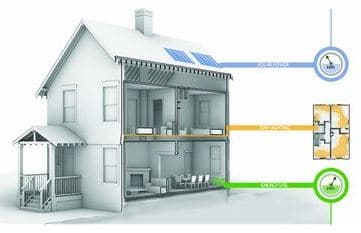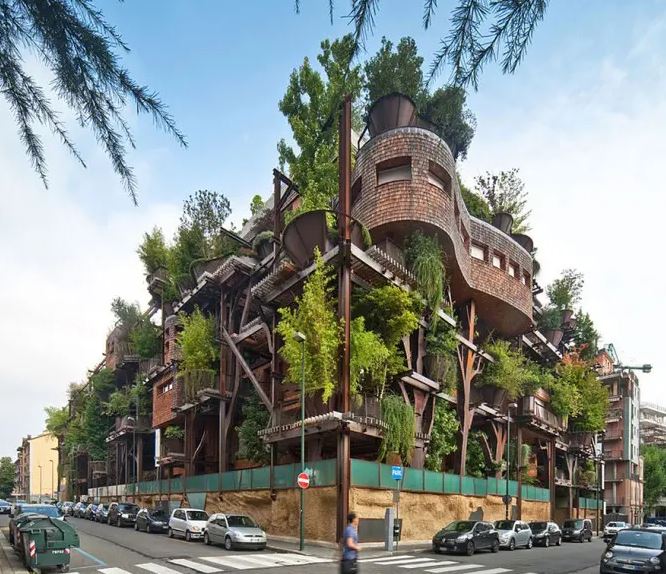-
Phone Number
-
Email Address
Meeting the world's growing demand for energy, by time that environmental impacts or change are mitigated climate, requires a large-scale transition to systems clean and sustainable energy students and professionals from all over the world must prepare themselves before this energy panorama.
Continuous learning today is no longer an option, it is an obligation if we want to survive in a very competent. Online courses in the field of architecture or engineering there are enough, that are free, they are already difficult to find, and that they are free and of quality, even more.

Watch out! We remind you that MOOC courses can be taken totally free for those who only want to increase their knowledge, yes, if we want a certificate of the course, we will have to pass all the tests according to requirements (reputable universities are demanding with these tests) and pay an amount "X" to get the document.
Content menu:
The construction sector represents a large percentage of the total energy consumption and contributes with 40% of the carbon emissions that drive climate change. Without However, buildings also offer opportunities for obtain substantial and economic benefits in material energy efficiency .
From rehabilitation projects to the new construction, buildings require a design process specific to each context that integrates strategies and efficiency technologies.

The training explores the key scientific principles in building, technologies and analysis techniques for design comfortable indoor environments while minimizing time the use of energy and the effects associated with the change climate.
The main focus of this course is the study of thermal and light behavior of buildings . Examine the basic scientific principles underlying these phenomena and will use computer aided design software computer and climate data to explore the role that light and power can play in the configuration of the architecture.
The duration of training is 12 weeks , as directed, 8 to 10 hours per week). The difficulty level is intermediate so you will need a minimum of knowledge in the architecture industry. The course is taught in English (the videos have a transcription in English).
The 12 weeks of the study plan is divided into the following topics:
Week 1 – Use of energy in the buildings
Week 2 – Understanding the weather
Week 3 – Designing with the weather
Week 4 – Enlightenment daytime
Week 5 – Light Simulations daytime
Week 6 – Enlightenment electrical
Week 7 – Heat Flow
Week 8 – Thermal Loads
Week 9 – Simulations thermal
Week 10 – Heating, cooling and ventilation
Week 11 – Designing a building sustainable
Week 12 – Evaluation end
The training is given by Professor Christoph Reinhart (Director of the Massachusetts Building Technology Program Institute of Technology) we can enroll in the platform EDX from HERE.
We remind you that we recently published two articles about training; one of the online courses on BIM and modeling with Revit, and the other, about learning Excel with different levels.